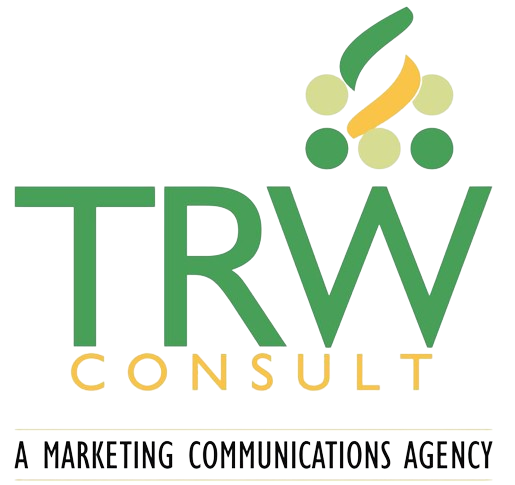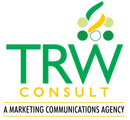No products in the cart.
Why You Should Still Use Tags in WordPress
By Hadley Chase
Why WordPress Tags Still Matter – Even If You Can’t See Them
If you’ve ever published a blog post on WordPress, you’ve likely come across the tags box—dutifully filling it out with relevant terms, only to publish and find… nothing. No tags on the page. No visible sign that you entered them at all.
For many content teams, this raises a fair question: if the tags don’t show on the front end, are they still worth using?
The answer is yes. Unequivocally.
Because tags were never just about visibility. They’ve always been about structure, discoverability, and search performance. And in 2025, they’re more relevant than ever.
Here’s why tags still deserve a place in your content workflow—and how they work behind the scenes to strengthen your publishing architecture.
1. Search Engines Index Tags—Even When Themes Don’t
Google doesn’t need your site visitors to see your tags to know they exist.
When you tag a WordPress post, that metadata is embedded in your site’s code and structure. It becomes part of the page’s semantic framework—providing search engines with signals about the post’s relevance, themes, and associations.
This helps Google:
Understand the post’s context beyond its title and body
Cluster it with related content on your site
Serve it more accurately in topic-based searches
In an age where semantic search is central to how content is ranked, tags are quiet contributors to your visibility.
2. Tags Build Your Internal Architecture
If you’re working toward RSOC compliance—Relevant, Structured, Original, Contextual—then tags are essential.
They form part of your internal taxonomy, helping to:
Connect posts across themes
Feed your “Related Articles” and “Suggested Reading” features
Prevent content from becoming orphaned or buried
Over time, a well-tagged content library doesn’t just perform better in search—it becomes easier to navigate, both for users and for your editorial team.
And while some themes suppress tag displays by default, the back-end logic still powers everything from archive pages to automation tools.
3. Metadata Supports Your Discover Visibility
For publishers aiming to get their content featured in Google Discover, Flipboard, or topic aggregators, metadata is a non-negotiable. And tags are part of that metadata ecosystem.
Discover doesn’t just scan titles. It evaluates contextual signals—category clusters, related content patterns, structured data—all of which tags quietly support.
Even without a tag cloud or visible tag string on the front end, those behind-the-scenes inputs improve how your content is understood and indexed by external platforms.
4. Tags Future-Proof Your Publishing Stack
What doesn’t matter today may matter tomorrow.
Themes change. Plugins evolve. New display options become available. And when they do, having a robust tag system already in place lets you activate advanced features—filtered content blocks, dynamic widgets, topic navigation—without retrofitting your entire archive.
In digital publishing, structure is leverage. Tags provide it.
5. They Help Organize Content Across Teams
If your content operation involves multiple writers, editors, or contributors, tags offer an internal organizing tool that goes beyond visual display.
They can:
Help team members group content by topic, project, or campaign
Support custom post types and editorial workflows
Aid in performance tracking by content cluster
This is especially helpful in B2B publishing environments, thought leadership platforms, or client-based editorial calendars where multiple series or topics run in parallel.
Final Word
Tags aren’t decorative. They’re infrastructural.
Even when they’re invisible on the page, they remain essential to how your content is understood—by Google, by recommendation engines, by internal logic, and by future-facing systems that expect structured data.
So don’t let the front end fool you. If you’re building a professional content platform, tags aren’t optional. They’re part of the architecture.
And architecture, in any business, is what supports scale.
Need help making your content RSOC- and Discover-ready?
At TRW Consult, we help authors, publishers, and organizations build platforms that are not only beautiful—but findable, indexable, and trusted by both people and machines. Reach out and let’s structure your content for maximum visibility.
Discover more from TRW Consult Blog
Subscribe to get the latest posts sent to your email.









